The world’s most wasteful rich countries revealed
What a load of rubbish
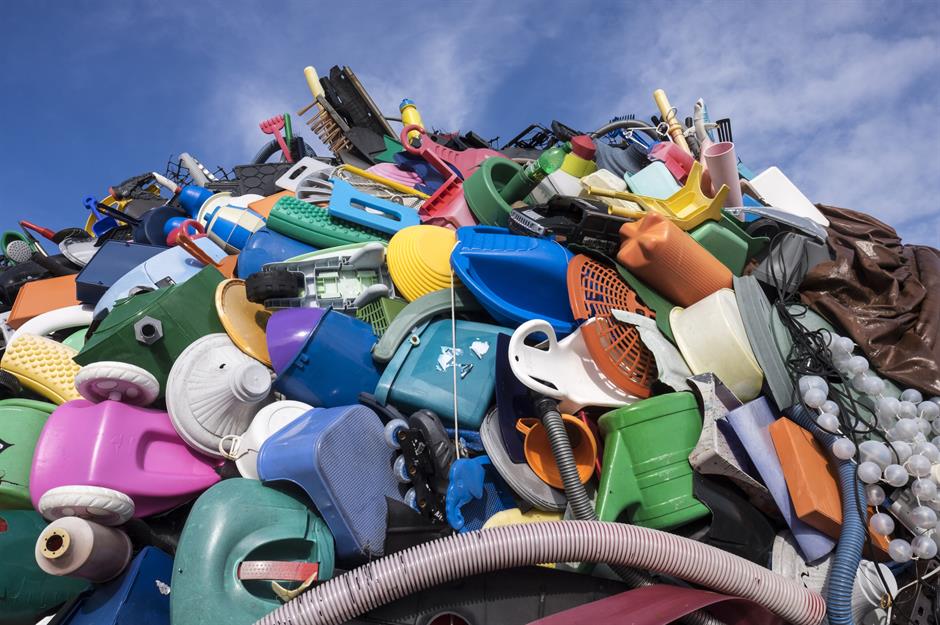
30. Spain: 0.36 tonnes per person
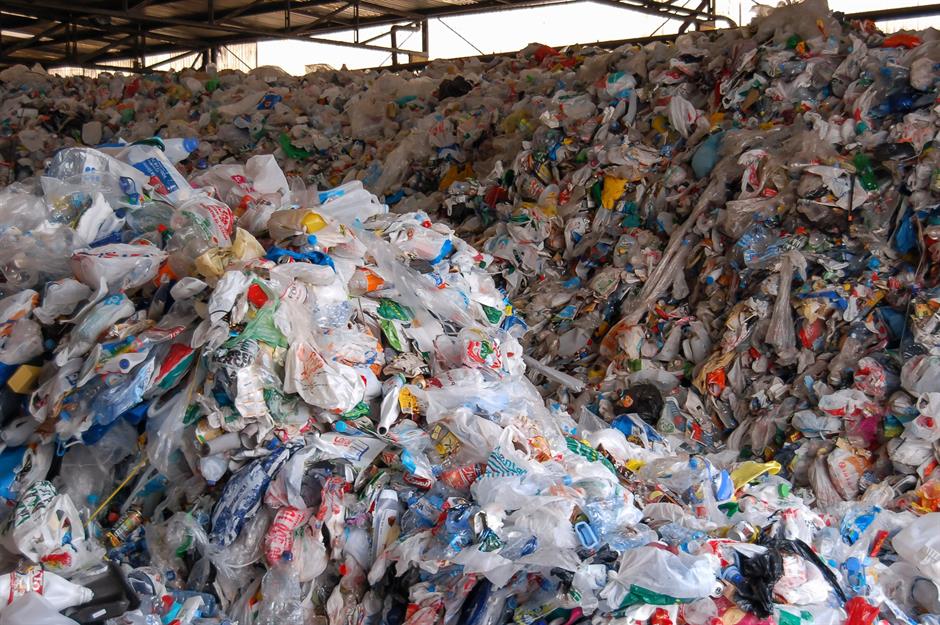
In 2017, the European Union identified almost 300 illegal landfill sites in Spain. So while it might only be the 30th most wasteful rich country on this list, Spain (the world’s 49th richest country, according to the CIA World Factbook) is still one of the 14 countries the EU warns is at risk of missing the bloc’s 2020 50% recycling target. Spain recycles 17% but has 20 million tonnes of MSW to deal with each year – 16.7 million after recycling, or 0.36 tonnes per person.
29. Portugal: 0.38 tonnes
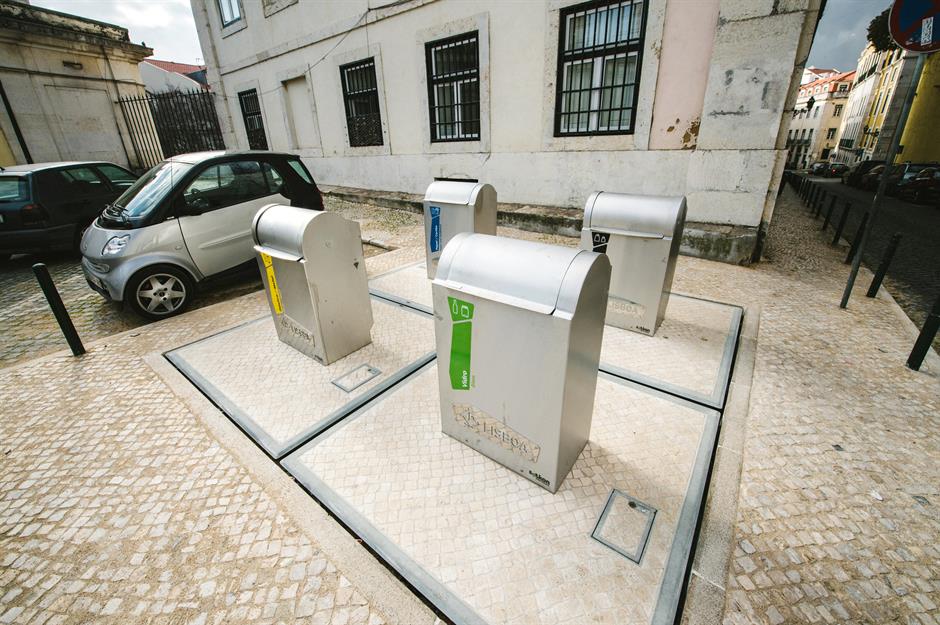
Portugal has 4.7 million tonnes of waste to deal with annually and, although it has underground recycling systems (such as the one pictured), only 16% of waste is recycled, well below European averages. It is another country on the EU’s hit list, along with Malta, Greece and Cyprus, with capital Lisbon’s waste piles growing 10% in the last three years, largely due to tourism. The world’s 67th richest country will ban restaurants and bars from offering single-use plastic containers next year.
Sponsored Content
Joint 26. France: 0.39 tonnes
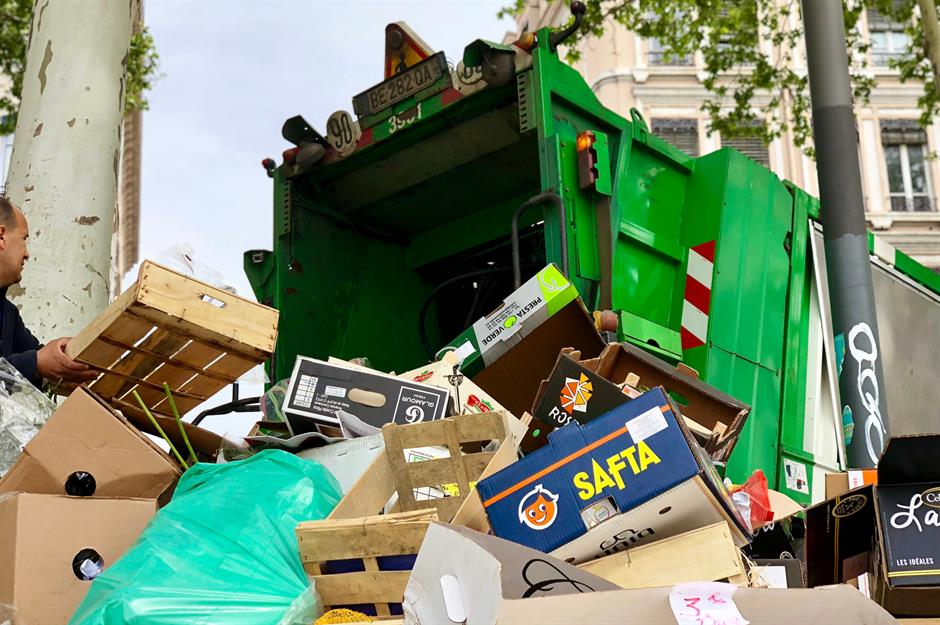
France, one of the biggest contributors to the EU, is a surprising entry on this list. Its nearly 67 million people produce 33 million tonnes of waste a year and only recycle 22%. The Economist Intelligence Unit says it is the top country in the world for food sustainability, with law in the 41st richest country forbidding food waste by supermarkets – but less than 25% of plastic packaging is recycled and the country will only be banning plastic bags from next year.
Joint 26. Ireland: 0.39 tonnes
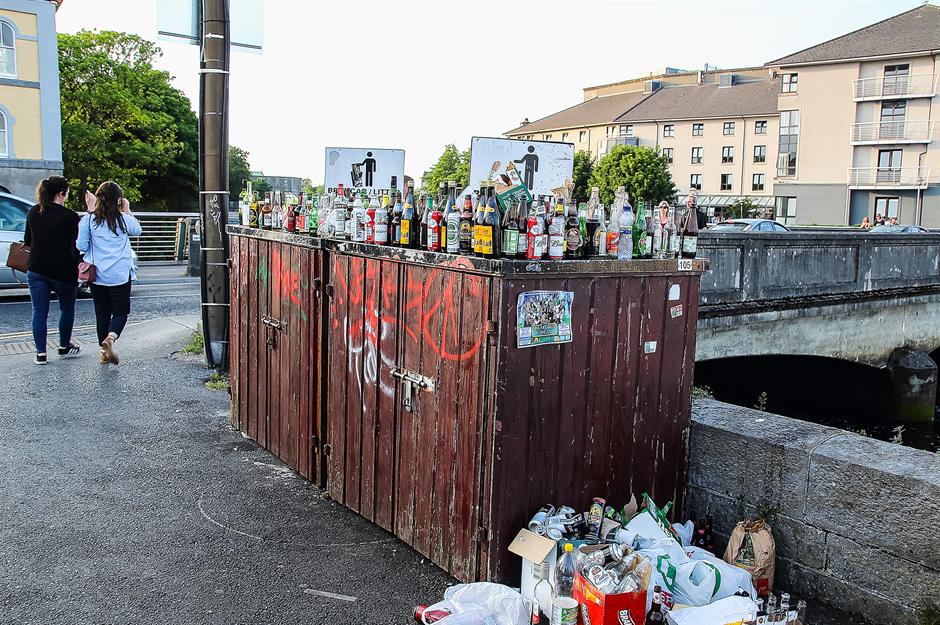
Joint 26. Netherlands: 0.39 tonnes
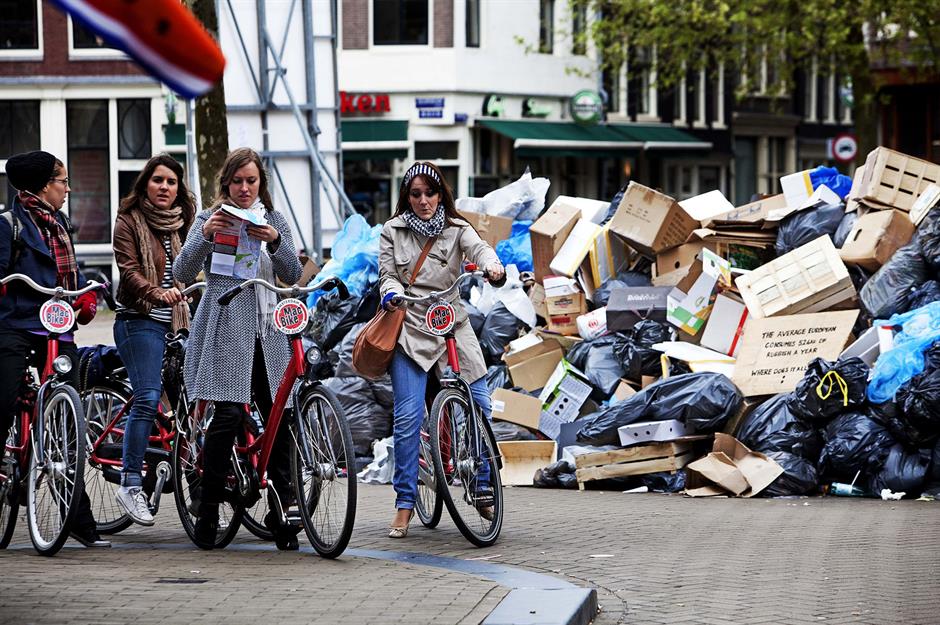
Sponsored Content
25. Russian Federation: 0.4 tonnes
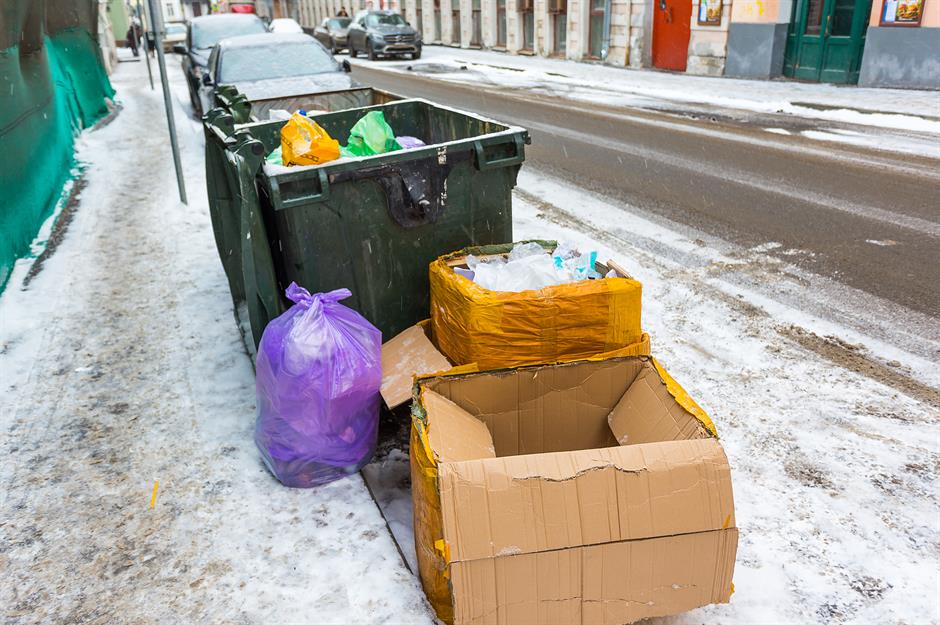
Joint 21. Austria: 0.41 tonnes
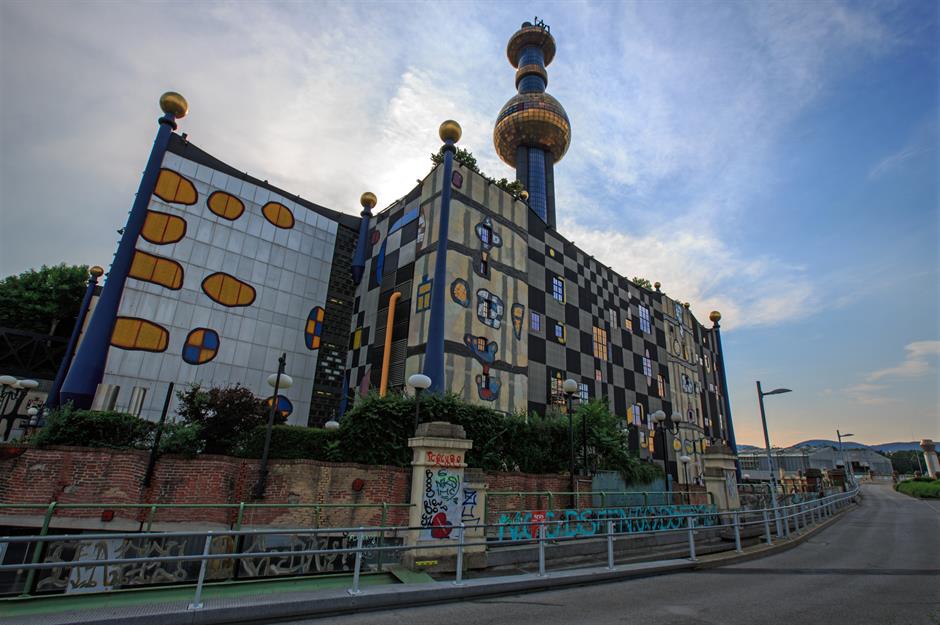
Joint 21. Cyprus: 0.41 tonnes
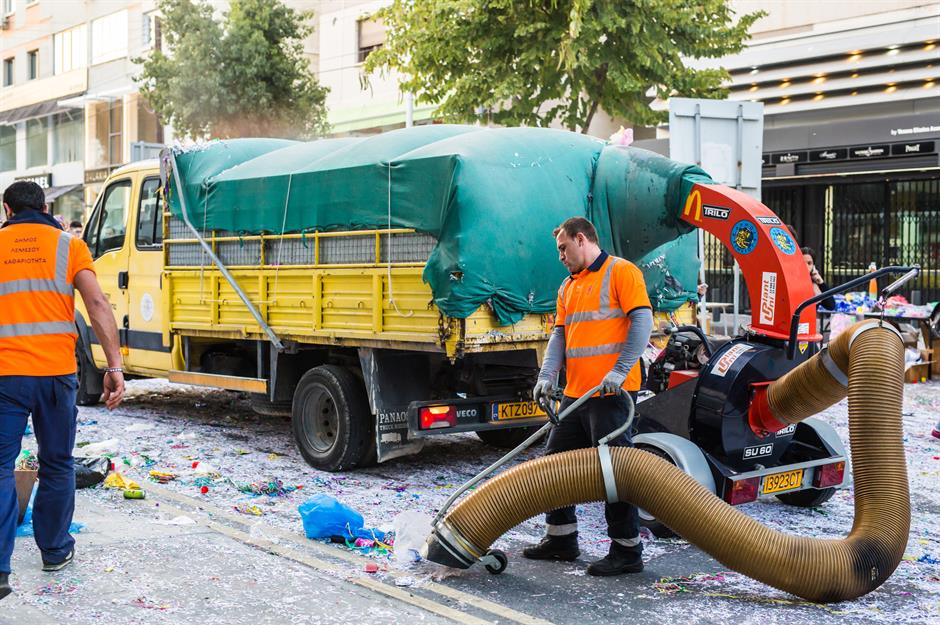
Sponsored Content
Joint 21. Faroe Islands: 0.41 tonnes
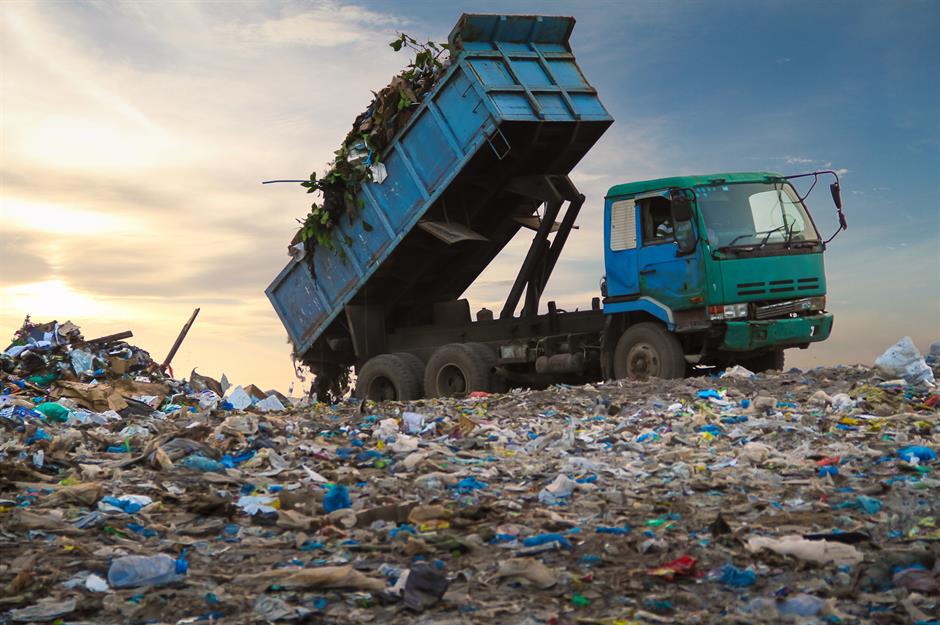
Joint 21. Greece: 0.41 tonnes
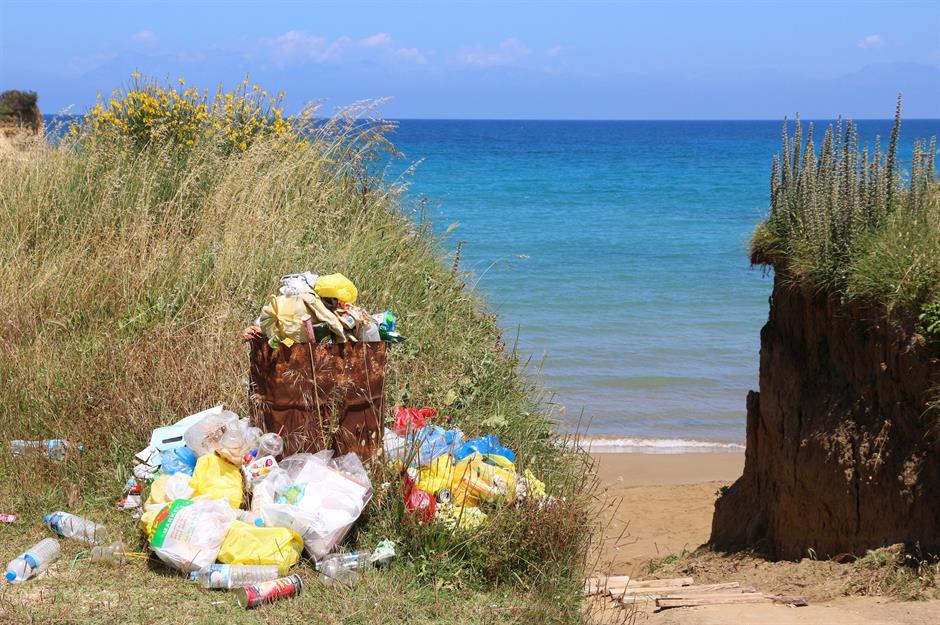
In 2016 the European Court fined debt-ridden Greece $11.3 million (£8.8m) for not following rules on disposing of rubbish. As much as 80% of waste was ending up at Greek landfill sites. The world’s 74th richest country still produces almost 5.5 million tonnes of waste annually and recycles just 19%. Local paper Ekathimerini recently reported that almost half of waste sent to Greece’s largest recycling plant, in Koropi, eastern Attica, was going to landfill.
20. Saudi Arabia: 0.43 tonnes
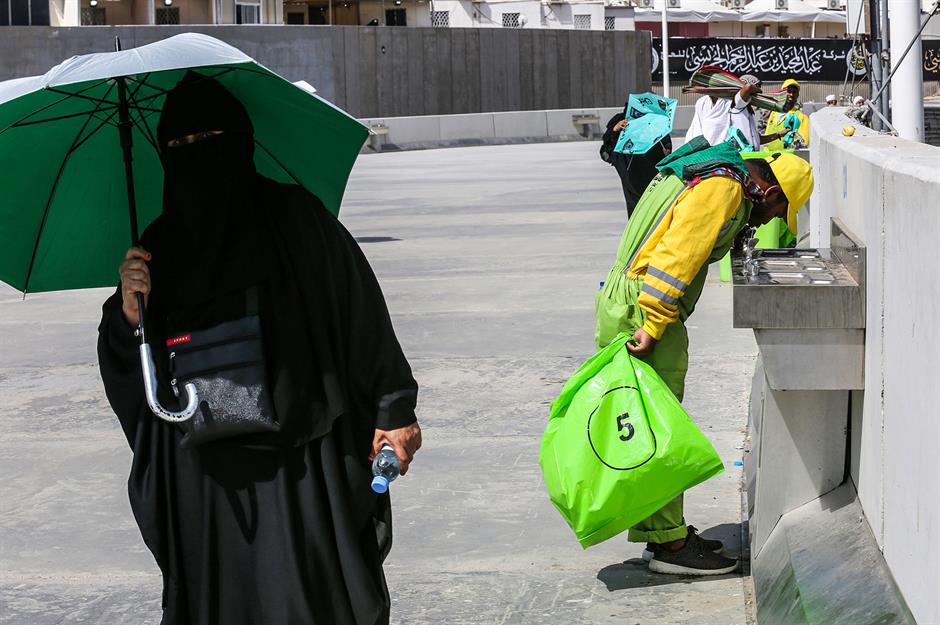
Sponsored Content
19. Luxembourg: 0.45 tonnes
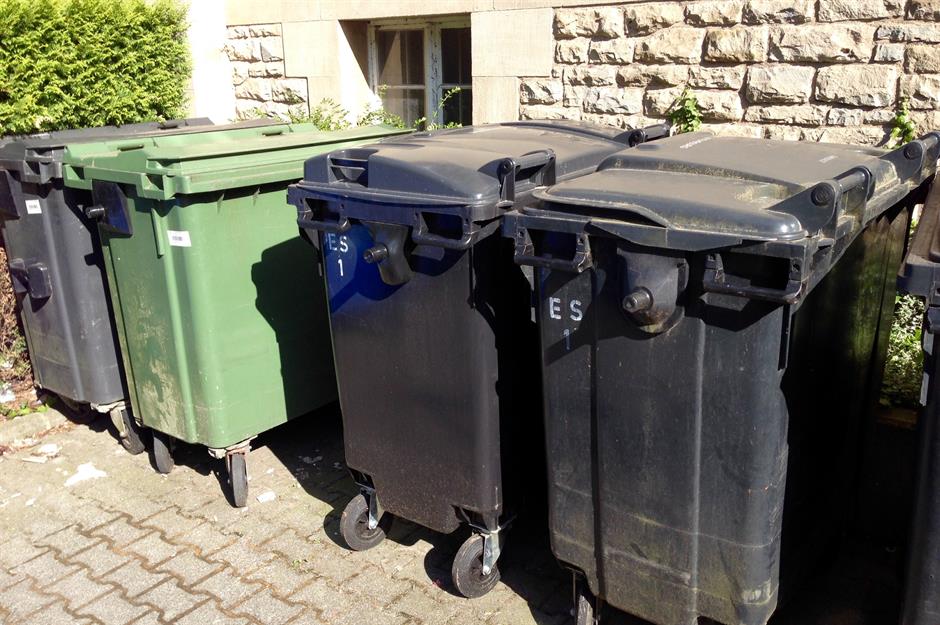
18. Qatar: 0.46 tonnes
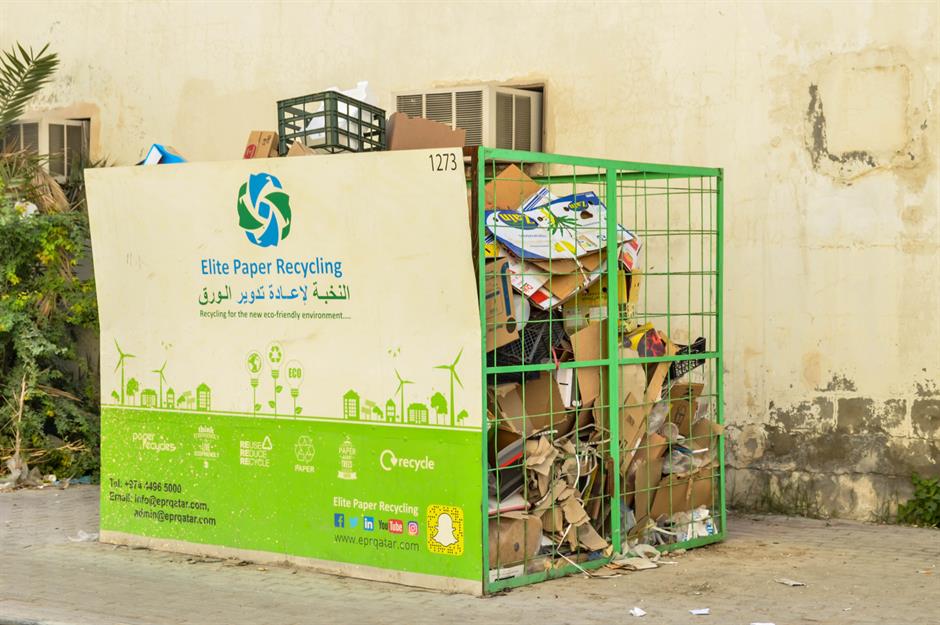
17. United Arab Emirates: 0.47 tonnes
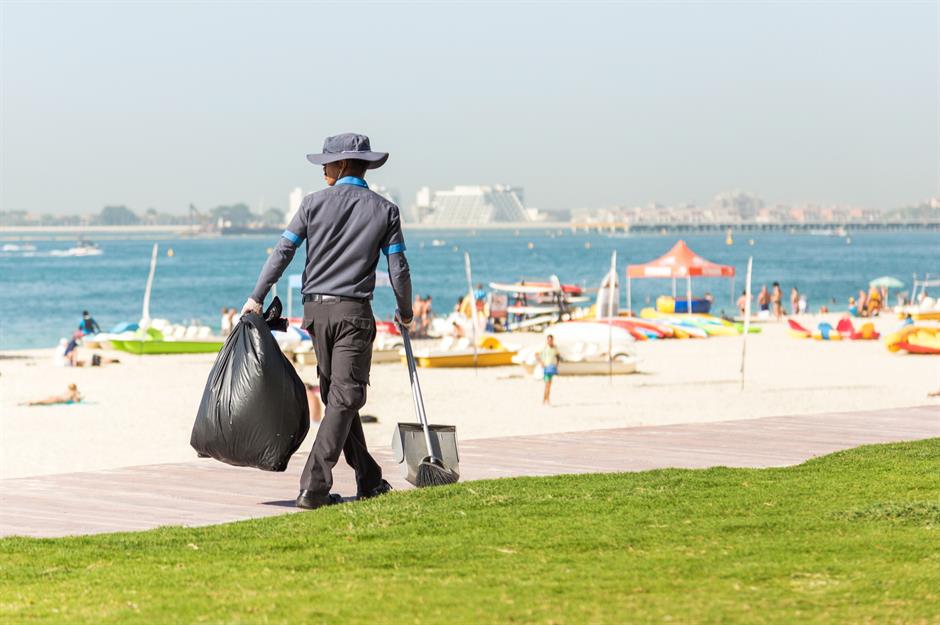
Sponsored Content
16. Israel: 0.48 tonnes
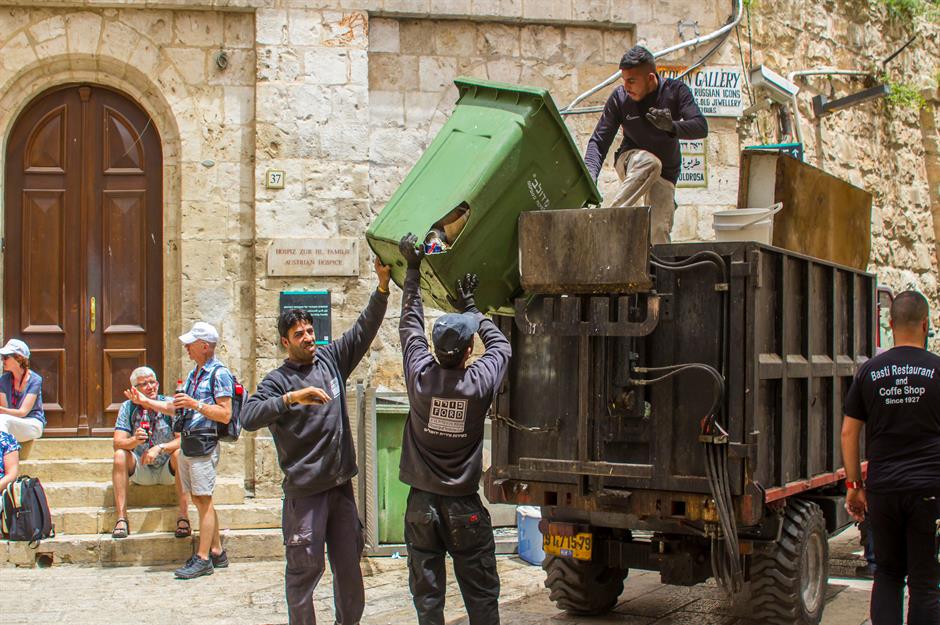
Israel, which produces 5.4 million tonnes of waste a year, also has the highest birth rate in the developed world. As a result disposable diapers make up a whopping 10% of its trash. The world’s 54th richest country, which has a 25% recycling rate, says it is working with a leading nappy producer to try to develop the world’s first nappy recycling plant.
Joint 14. Macau: 0.49 tonnes
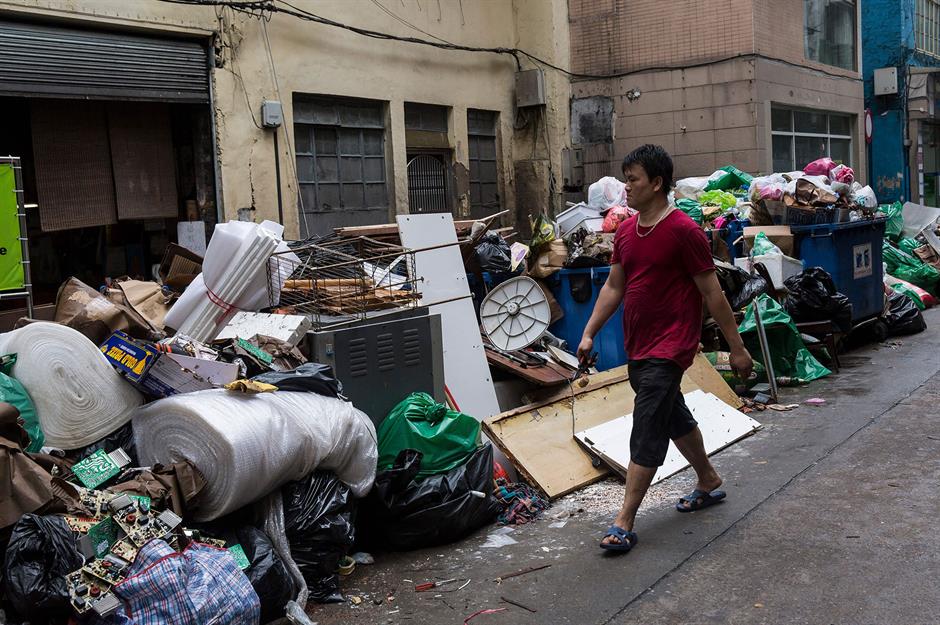
Joint 14. Switzerland: 0.49 tonnes
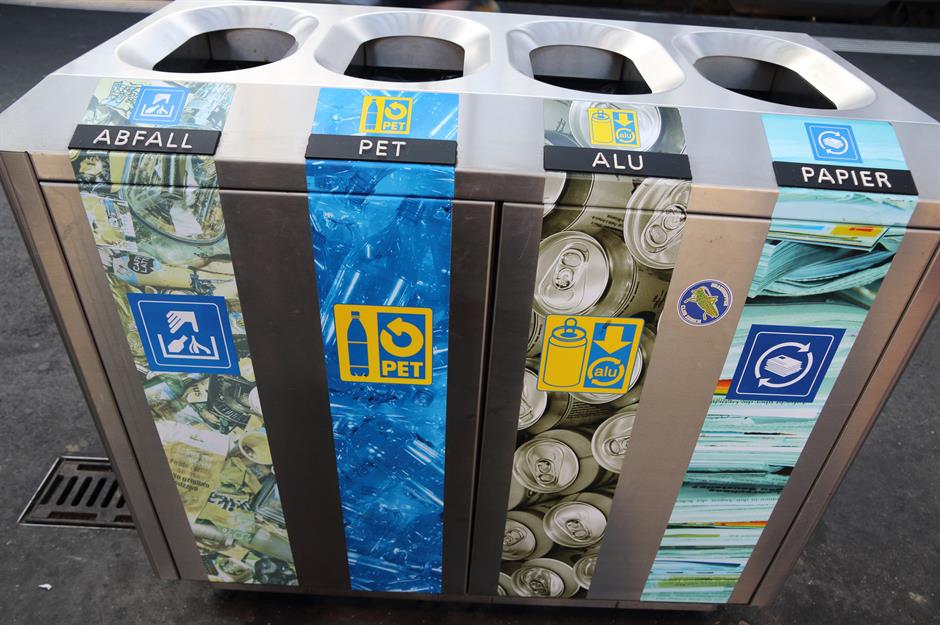
Sponsored Content
13. Hong Kong: 0.51 tonnes
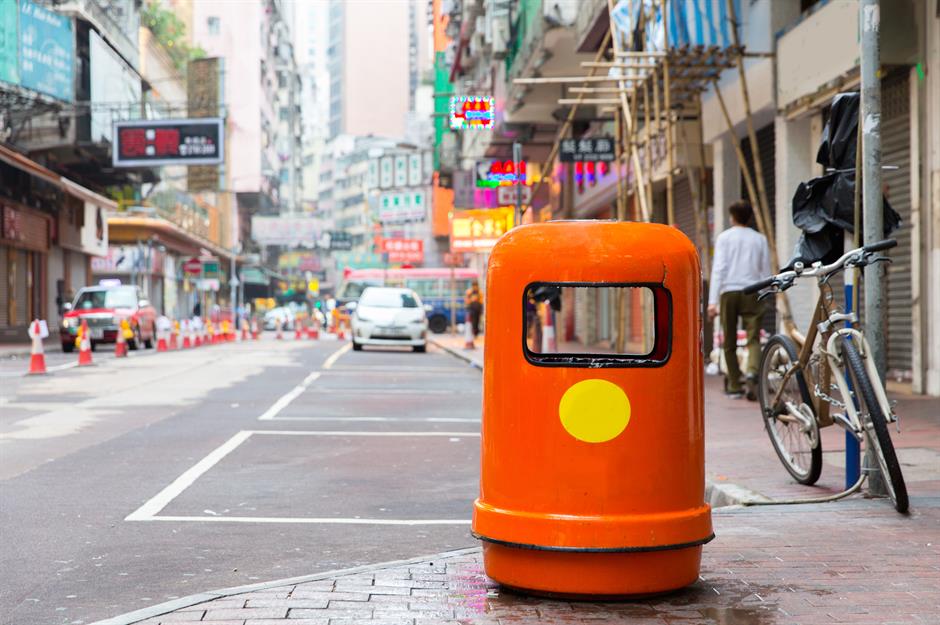
12. United States: 0.53 tonnes
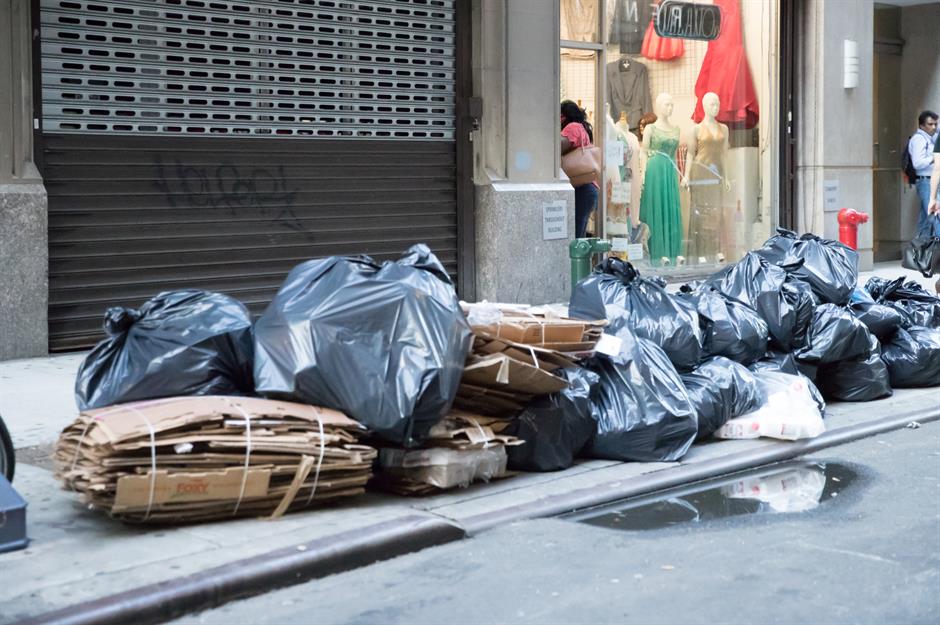
11. Singapore: 0.54 tonnes
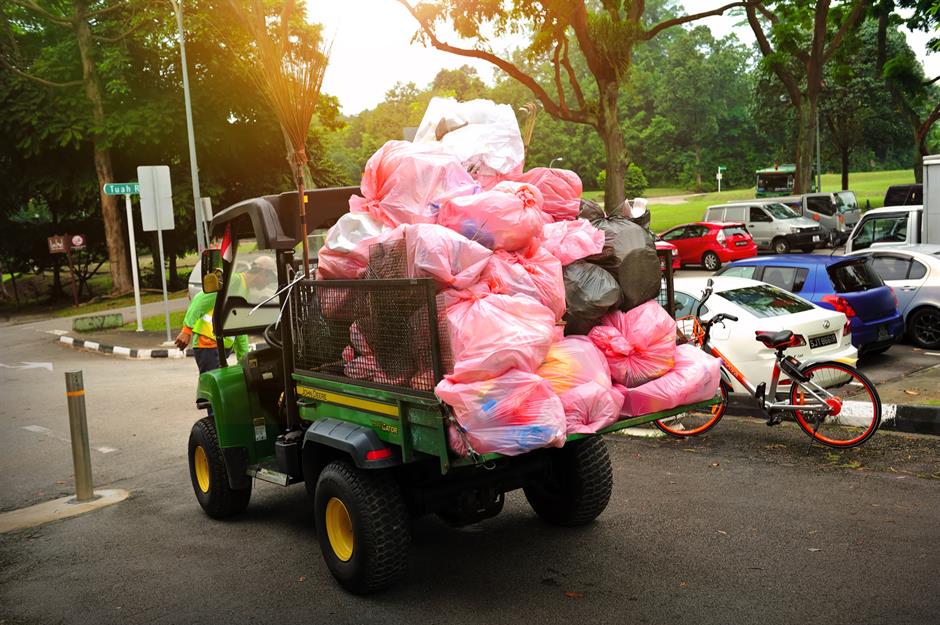
The world’s seventh richest country also has one of the best recycling rates, at 61%, The island city-state turns most of its non-recyclable trash to ash, then ships it to a nearby nature reserve island. But Singapore has a big issue with plastic, its largest category of waste – almost none of which is recycled.
And speaking of issues with plastic, discover the shocking truth about bottled water
Sponsored Content
10. Canada: 0.56 tonnes
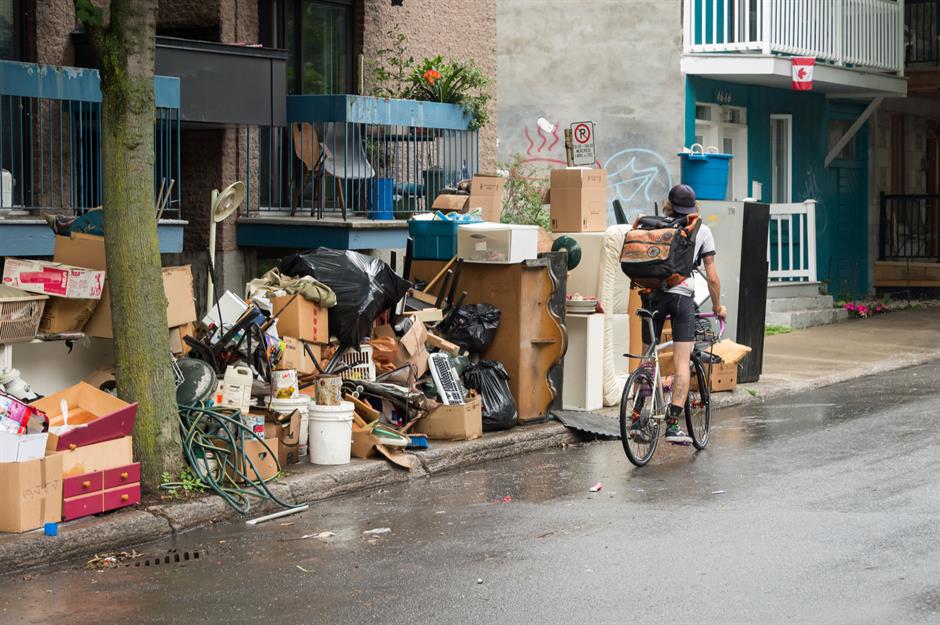
Joint 8. Denmark: 0.58 tonnes
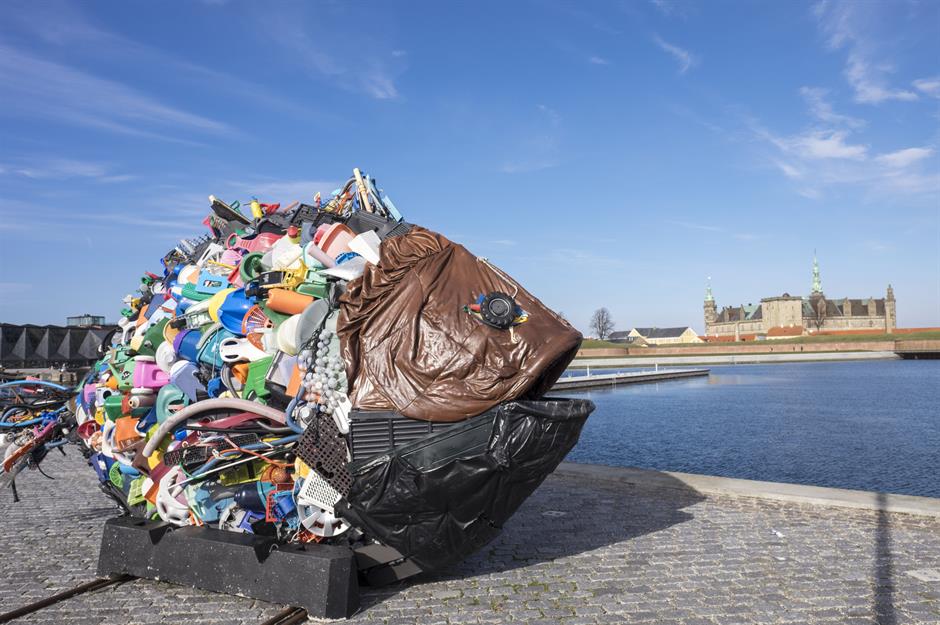
Denmark, the world’s 31st richest country, is seen as a very green country: it is illegal to send waste to landfill if it can be incinerated, and landfilled waste is hit with a tax of €62.56 (£55.25) per tonne. Yet it still produces almost 4.5 million tonnes of waste. More than a quarter is recycled today, and Denmark is on a serious recycling drive, as depicted by this plastic waste fish sculpture in the port of Elsinore.
Joint 8. Malta: 0.58 tonnes
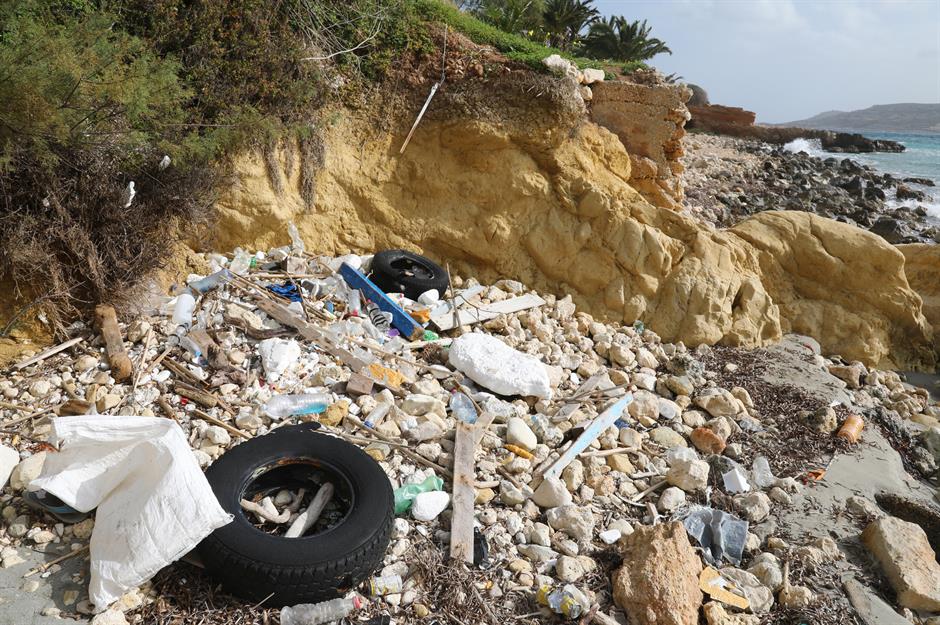
Sponsored Content
7. Bahrain: 0.61 tonnes
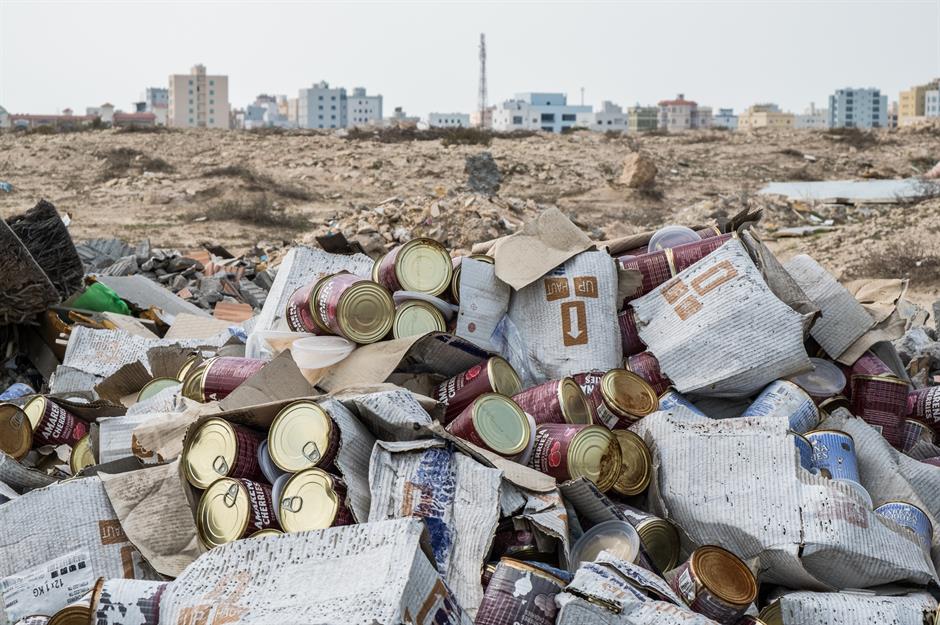
6. Iceland: 0.7 tonnes
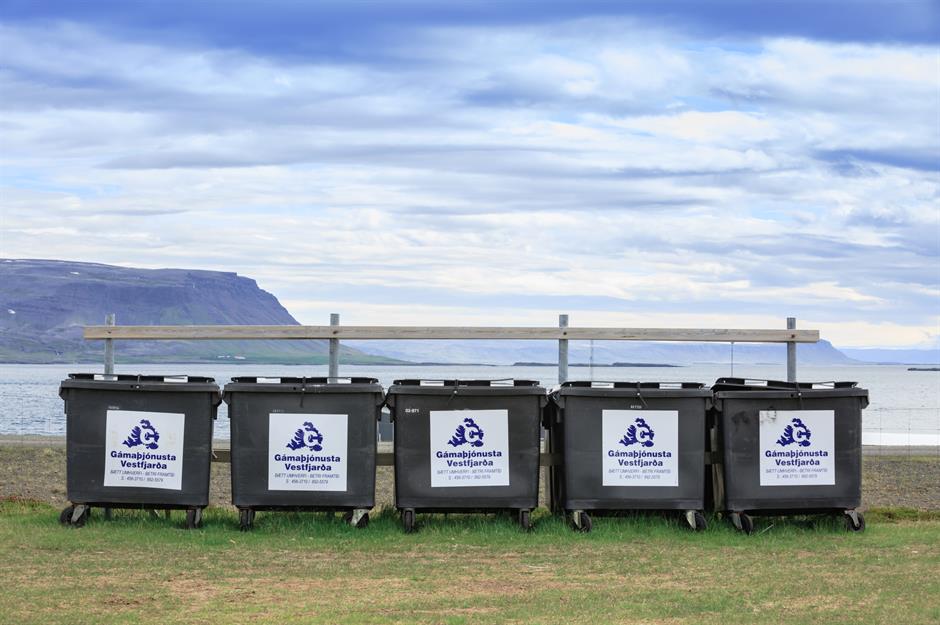
5. Guam: 0.73 tonnes
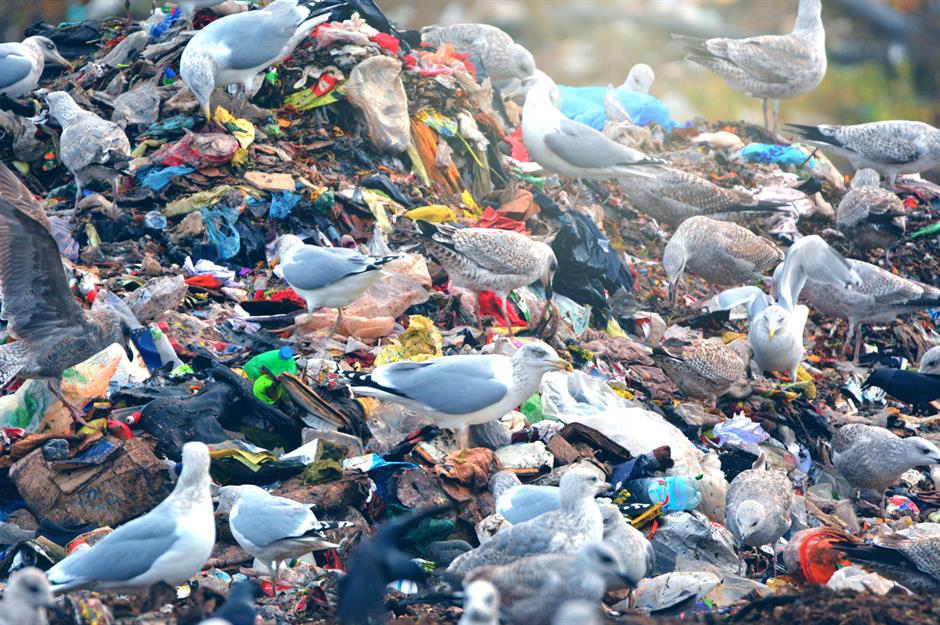
Sponsored Content
4. Channel Islands: 0.78 tonnes
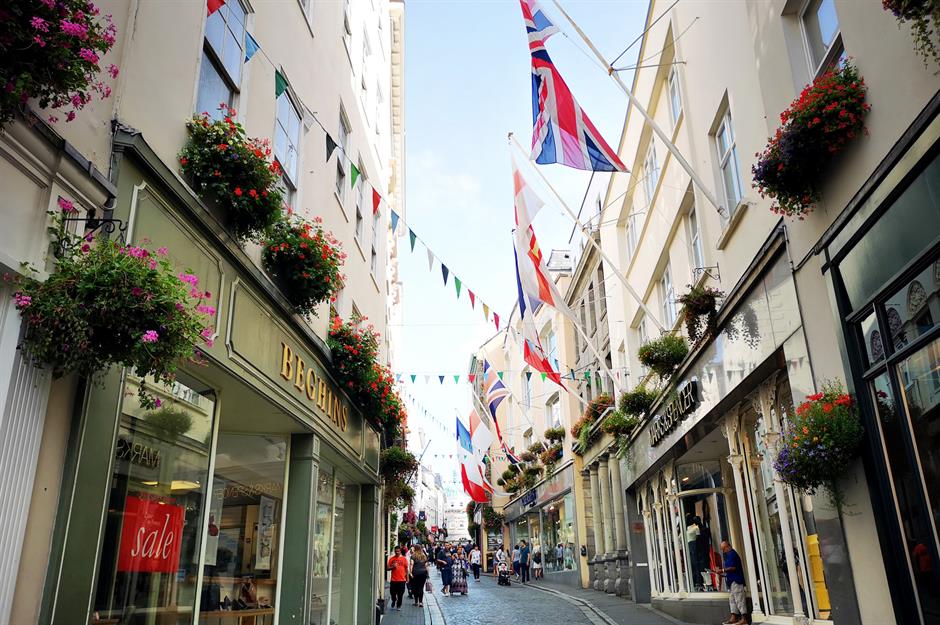
While the UK itself escapes the waste list, producing 0.35 tonnes of MSW per person after recycling annually, the Channel Islands (part of the British Isles) do not, producing almost 179,000 tonnes of waste annually. Guernsey, the second biggest of the Channel Islands, only got a waste plant last year; it was previously exporting waste to Sweden or sending it to landfill. Jersey is considered the 21st richest country in the world and Guernsey the 24th.
Find out more about The real cost of our throwaway consumer culture
3. Cayman Islands: 0.8 tonnes
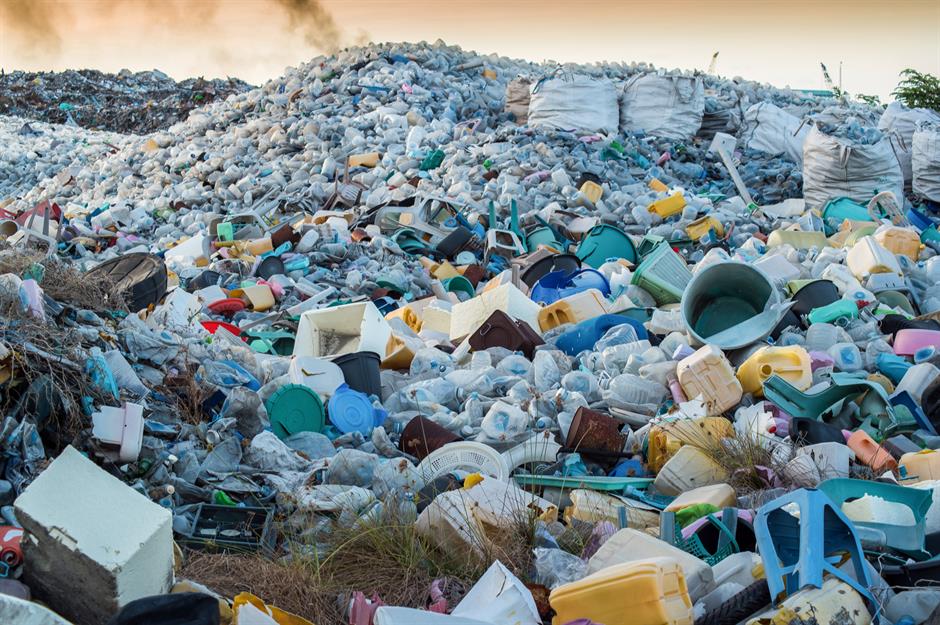
This British Overseas Territory and Caribbean paradise, the world’s 40th richest country, produces 60,000 tonnes of waste annually – a tonne per person before recycling 21%. The 80ft George Town dump in Grand Cayman (ironically, the island’s highest point) has been a public health issue for years, with toxic fires closing nearby schools and businesses. In 2017 plans for a modern waste management system were announced, although no date has yet been given to close the dump.
2. Monaco: 1.16 tonnes
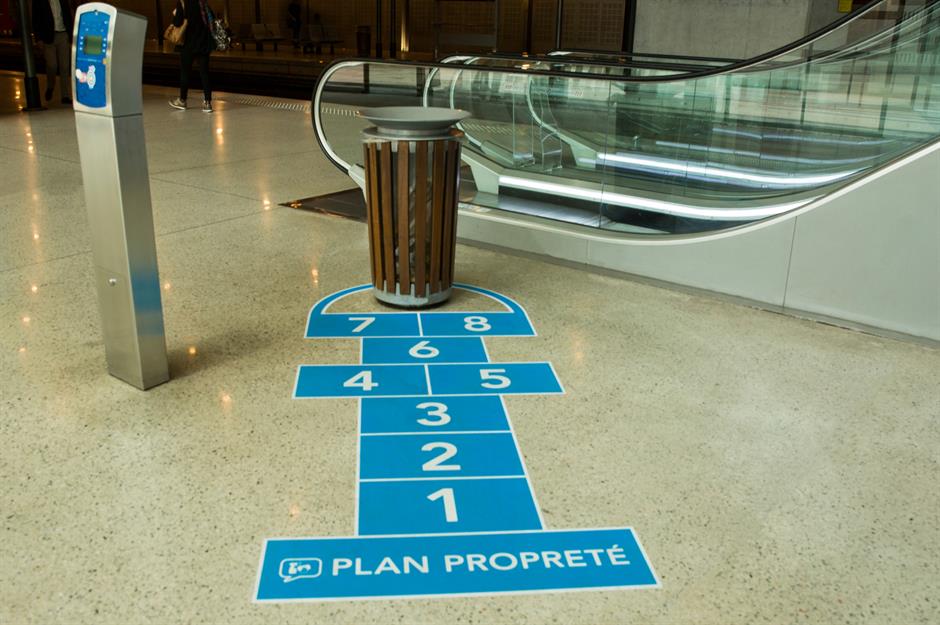
European principality Monaco may make rubbish collection fun with hopscotch grids, but it has a major waste issue. The 46,000 tonnes generated by the tiny, ultra-wealthy population (where the per-capita income tops $100,000), and minute 5% recycling rate, means the world’s third richest country has 1.16 tonnes per person to manage. Tourists increase the population tenfold year, thanks to the Grand Prix and casinos, meaning all that rubbish is not coming from residents alone.
Sponsored Content
1. Bermuda: 1.24 tonnes
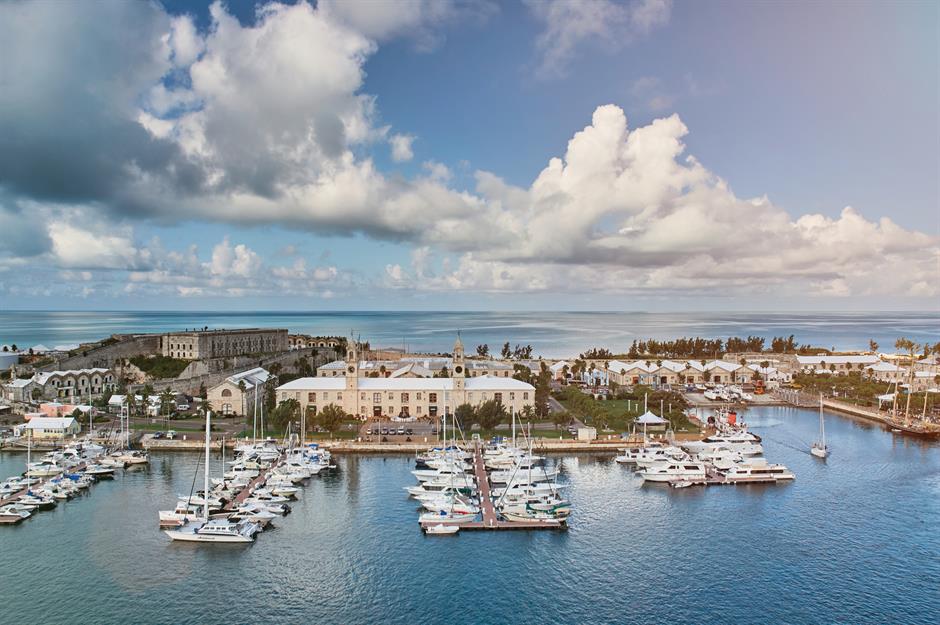
Bermuda, another British overseas territory and the sixth richest country in the world, is the biggest offender on our waste list. The 82,000 islanders on the British territory of Bermuda trash 1.24 tonnes of waste per person annually after recycling – and recycle a miniscule 2%. But the famed pink-sand beaches do have one massive problem: plastic pollution from the ocean washing up on shore. From 2022, Bermuda is completely banning single-use plastic in an attempt to clean up.
Comments
Be the first to comment
Do you want to comment on this article? You need to be signed in for this feature